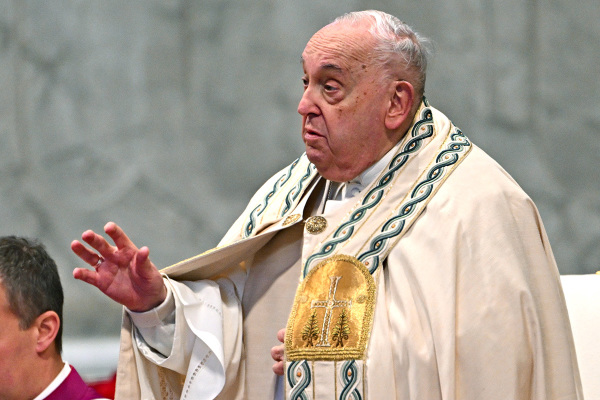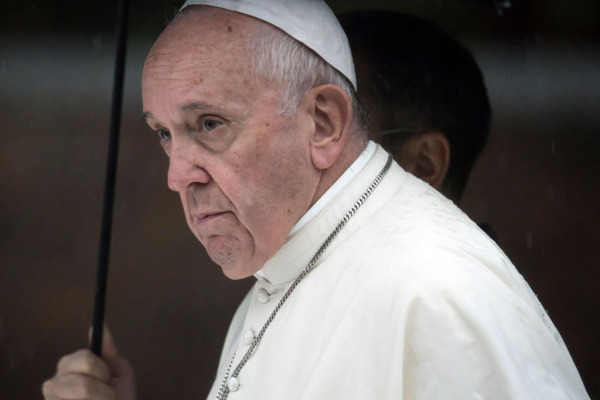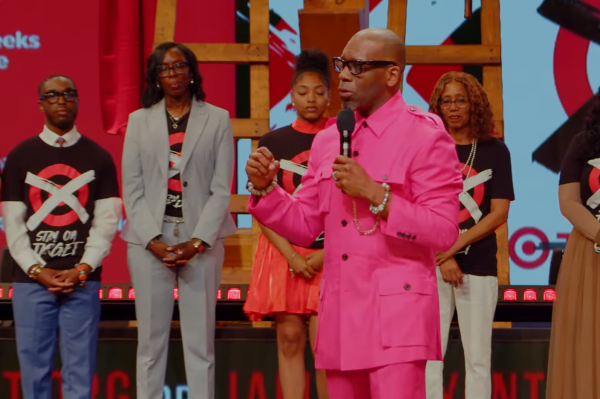India delays affirmative action case affecting millions of Dalit Christians

Christians in India believe the federal government is attempting to further prolong an important case concerning affirmative action for millions of Christians who converted from Dalit Hindu backgrounds by forming a panel with an initial two-year deadline to review their demands for equal rights.
Considered “contagiously impure” in Hindu societies for over 2,000 years, Dalits remain the poorest of the poor, are discriminated against and face atrocities at the hands of “higher caste” Hindus. They account for 16.6% of the country’s population, or 201.4 million.
For their uplift, the Indian Constitution provides for reservation in government jobs, parliament, state assemblies and educational institutions, as well as other benefits.
However, the Presidential Order of 1950 assumes that non-Hindu religions do not have a caste hierarchy, and therefore do not need special protection. The Order was later amended to include Dalit Sikhs and Dalit Buddhists — although neither of the two religions has a caste hierarchy.
An estimated 70% of India’s 32 million Christians are Dalit, and about 20% are tribal, according to estimates.
A petition filed 18 years ago by the Center for Public Interest Litigation seeks to challenge the 1950 Order which grants special rights to Dalit (low caste) Hindus but does not cover the Dalits who converted to Christianity and Islam to escape the age-old caste oppression.
As the case lingers on, the federal government had been asked to respond to the demands of Dalit Christians this week, but the government formed a three-member Commission of Inquiry headed by former Chief Justice of India, Justice K.G. Balakrishnan, to examine the issue, giving it two years, The Hindu newspaper reported.
Franklin Caesar Thomas, coordinator of the National Council of Dalit Christians, and John Dayal, a veteran journalist and activist, believe the government is delaying the case.
Speaking to the U.K.-based group Christian Solidarity Worldwide, Dayal called it “a British-era tactic to defer a decision indefinitely,” and said that “caste barriers don’t break with time, as the killings of Hindu Dalits by upper caste Hindus has shown.”
Thomas told Matter India that affidavits of the National Commission for Minorities and the National Commission for Scheduled Castes filed in the Supreme Court had endorsed the socio-educational backwardness arising out of the practice of untouchability concerning the plight of Christians and Muslims of Dalit origin.
Thomas agreed with Dayal that the proposed commission was formed to prolong the issue.
Several commissions and committees set up by previous governments have endorsed the same, added Dayal.
In its report in May 2007, a government-appointed inquiry commission led by Justice Ranganath Misra recommended that the government repeal the 1950 Order and make reservation of Dalits completely neutral with respect to religion. Later, the National Commission for Minorities and the National Commission for Scheduled Castes also backed the demand for Dalit Christian rights.
While Christians comprise only 2.3% of India’s population and Hindus account for about 80%, nearly a dozen states in the country have enacted controversial “anti-conversion” laws, claiming that Christians “force” or give money to Hindus to persuade them to convert to Christianity.
Anti-conversion laws typically state that no one can use the “threat” of “divine displeasure,” which means Christians can’t talk about Heaven or Hell since it would be seen as luring someone to convert.
Some of these laws have been in place for decades in some states. Radical Hindu nationalist groups frequently use these anti-conversion laws to make false accusations against Christians and launch attacks under the pretext of an alleged forced conversion.
“The persecution of Christians in India is intensifying as Hindu extremists aim to cleanse the country of their presence and influence,” a fact sheet from watchdog group Open Doors USA states. “The driving force behind this is Hindutva, an ideology that disregards Indian Christians and other religious minorities as true Indians because they have allegiances that lie outside India, and asserts the country should be purified of their presence.”
“This is leading to a systemic, and often violent and carefully orchestrated, targeting of Christians and other religious minorities, including use of social media to spread disinformation and stir up hatred.”
The United Christian Forum reported at least 486 violent incidents of Christian persecution in 2021, calling it the “most violent year” in the country’s history.






















